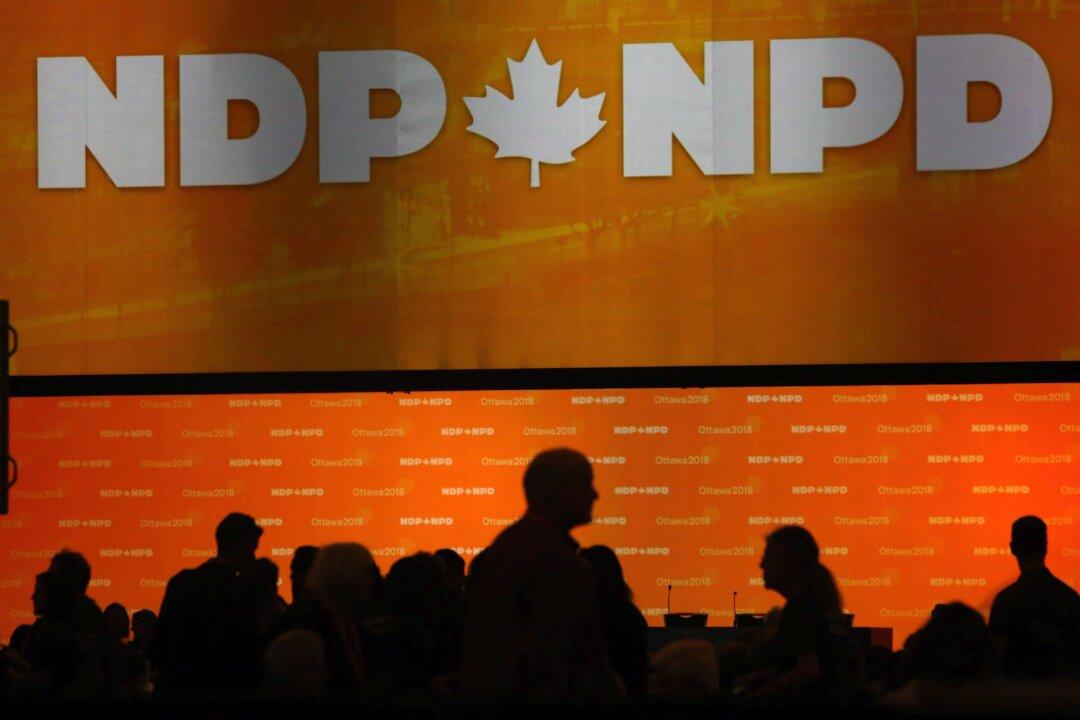Commentary
Political party conventions are very strange events. Your special ID opens a mysterious portal into a twilight world of frantic resolution debates, rabble-rousing speeches, anxious caucusing, and generally a whole lot of bad coffee, adrenaline, and pamphlets that the rest of the country watches with… uh… hey, we’re having a convention, can I interest you in subclause 3? And yet they are strangely revealing.





